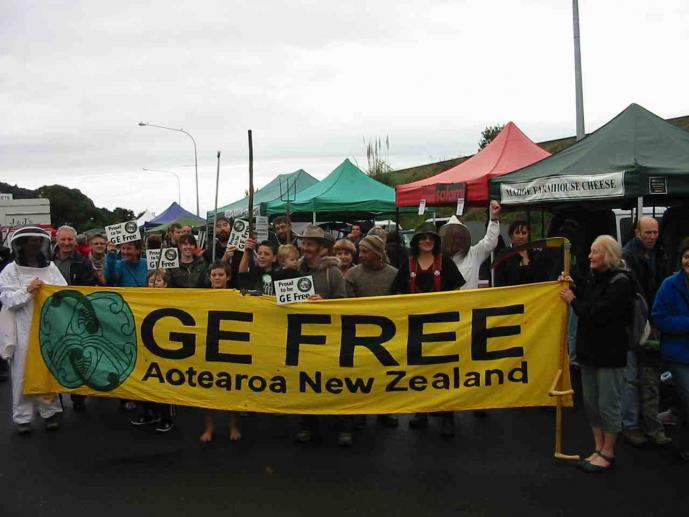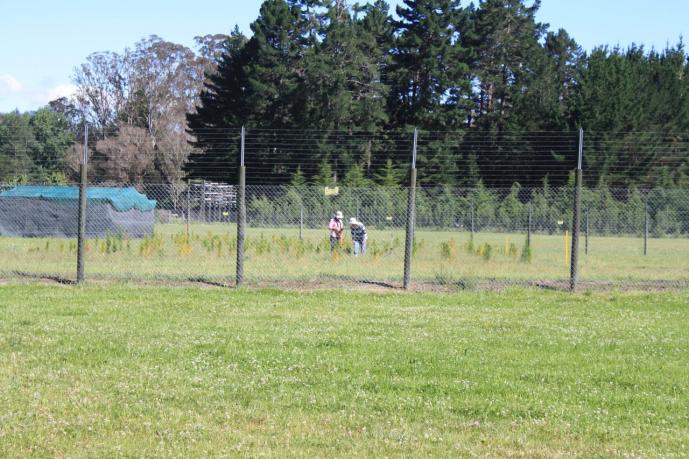New wave of GE-free activism
Pressure from the biotech industry for the government to relax laws on genetic engineering will result in a new wave of GE-free activism, the Soil & Health Association predicts.
This follows comments from some GE companies, and from the Treasury Secretary Gabriel Makhlouf in a speech at Fieldays that New Zealand is missing out on opportunities.
“Kiwis have fought hard to keep our environment GE-free, but if that is threatened, we will see massive protests,” says Marion Thomson, co-chair of Soil & Health. “GE farming and/or forestry will jeopardise our clean, green brand.”
Relaxing the Hazardous Substances and New Organisms (HSNO) Act would be absolutely detrimental to our environment, our economy and to our communities. Experiences overseas have shown that GE crops have led to the rise of herbicide-tolerant ‘superweeds’, and the use of more and stronger pesticides. GE yields are no greater. In the USA and Europe, pig farmers using GE stock feed are seeing health problems and deformities in piglets, and finding that the pigs cannot breed; instead of a fetus there is just a sac of water.
“The trouble is that genetic engineering is inherently risky. Scientists cannot control where inserted genetic material ends up in the DNA,” says Thomson. “This can lead to unexpected outcomes. For example, many people are allergic to the pine pollen that is widespread around New Zealand, but imagine if GE pine pollen turned out to be even more allergenic, or even toxic?”
“Millions of taxpayer dollars have already been spent on GE field trials, with no positive results to date,” says Thomson. “Rather than go down the GE road, New Zealand has a great opportunity to keep our point of difference. Let’s ensure that we live up to our clean, green image and shift towards high-value, environmentally sustainable, GE-free organic farming and forestry. This is what markets around the world are crying out for.”
Media contact
Marion Thomson, co-chair, Soil & Health
027 555 4014
REFERENCES
http://earthopensource.org/gmomythsandtruths/ – GMO Myths and Truths – an evidence-based document by two genetic engineers and a researcher
Pig farming references:


